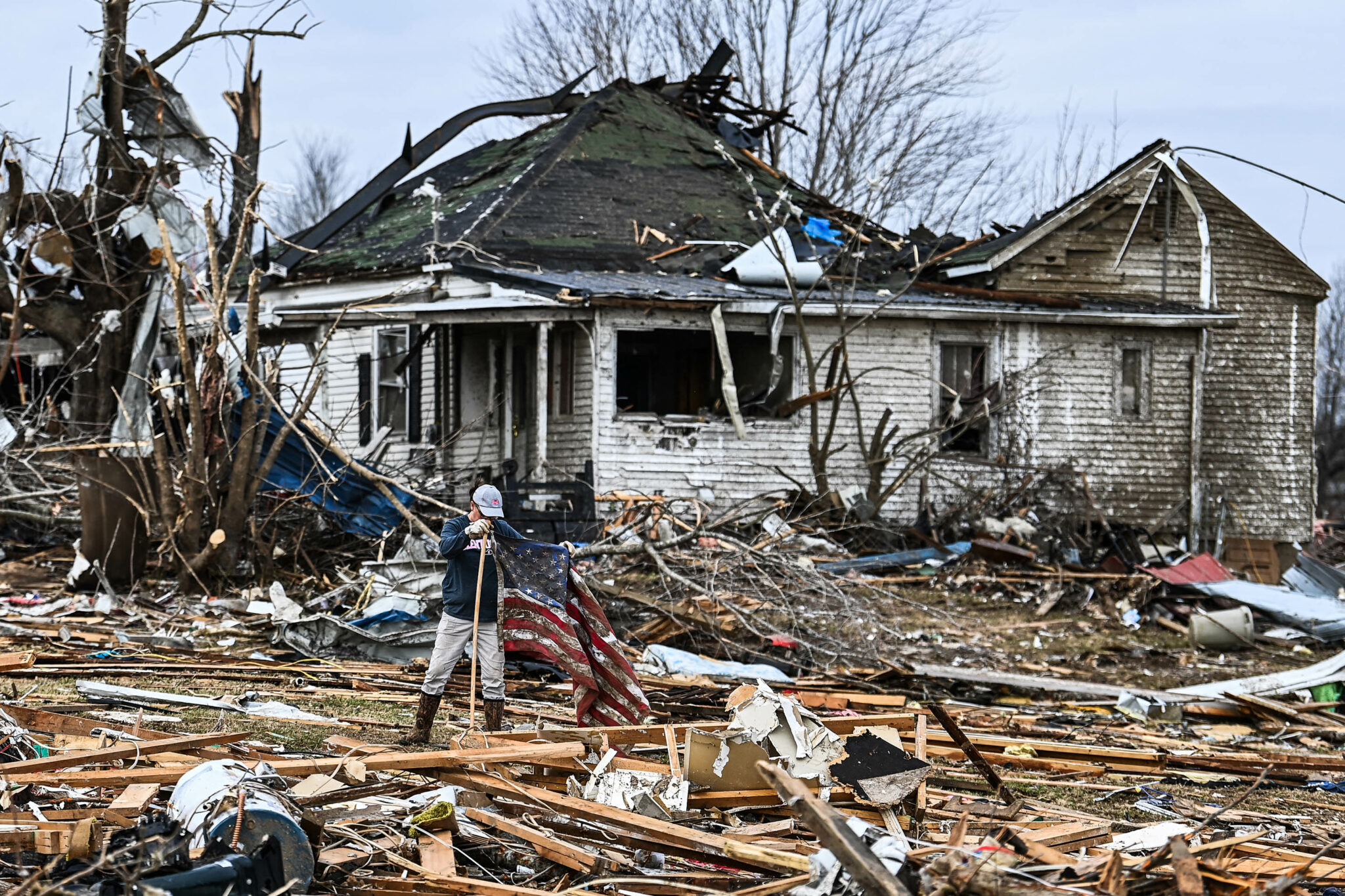
According to a study, Americans who have seen hurricanes or massive wildfires up close are more resilient and more likely to agree to take preventative measures, such as temporarily cutting power to their homes.
Hurricanes, storms, fires… Natural disasters are increasing. We all remember the summer of 2021, when wildfires chained from Greece to California and when floods wreaked havoc in Western Europe. The Intergovernmental Panel on Climate Change (IPCC) warns us in the second part of its sixth report published on Monday, February 28: these phenomena are likely to increase in the coming years under the influence of climate change, especially if the temperature exceeds 2 ° C .
People in the front row, with a precarious income and/or a fragile health are the first to know about this, according to two separate studies by researchers at Stanford University (United States).
The first investigation was conducted in 2018 after the “Camp Fire,” the most destructive and deadliest wildfire in California history. A disaster caused by the wind and heat that contributed to the excessive speed of the power lines.
Since then, there have been regular temporary power outages by businesses in this US state, especially during periods of high heat. These measures affect millions of people, especially those over 65, very low-income households, people who need medical equipment at home or parents of children under the age of five.
However, the people who witnessed this terrible fire have a positive opinion about these protective measures. Especially those with respiratory problems related to poor air quality. In the same way, people who have lost property as a result of the fire and who are in a precarious situation are more susceptible to these imposed austerity measures.
“These results clearly demonstrate that communications about power outages sent to households in areas affected by forest fires should take into account their vulnerabilities and risks”says Pre Wong-Parodi, lead author of the study.
Risk perception accentuated by climate awareness
The second survey surveyed more than 1,700 people from Florida and Texas in 2020, as four potentially major hurricanes are brewing in the Atlantic. They found that negative experiences with hurricanes or risk assessment were associated with a more frequent attitude of prevention: using hurricane prediction tools before travelling, searching for shelters, assembling emergency kits, etc.
People who have experienced one or more hurricanes and associate these events with climate change have an even higher perception of risk and are also more likely to adapt to preventive measures, without associating them with a “punitive” image, notes l’studie.
“Overall, hurricane and wildfire studies clearly show that effective adaptation requires a better understanding of how people assess risk and worry about the threat of extreme events, taking into account their personal experience and concerns.claim the study authors.
ETX Daily Up